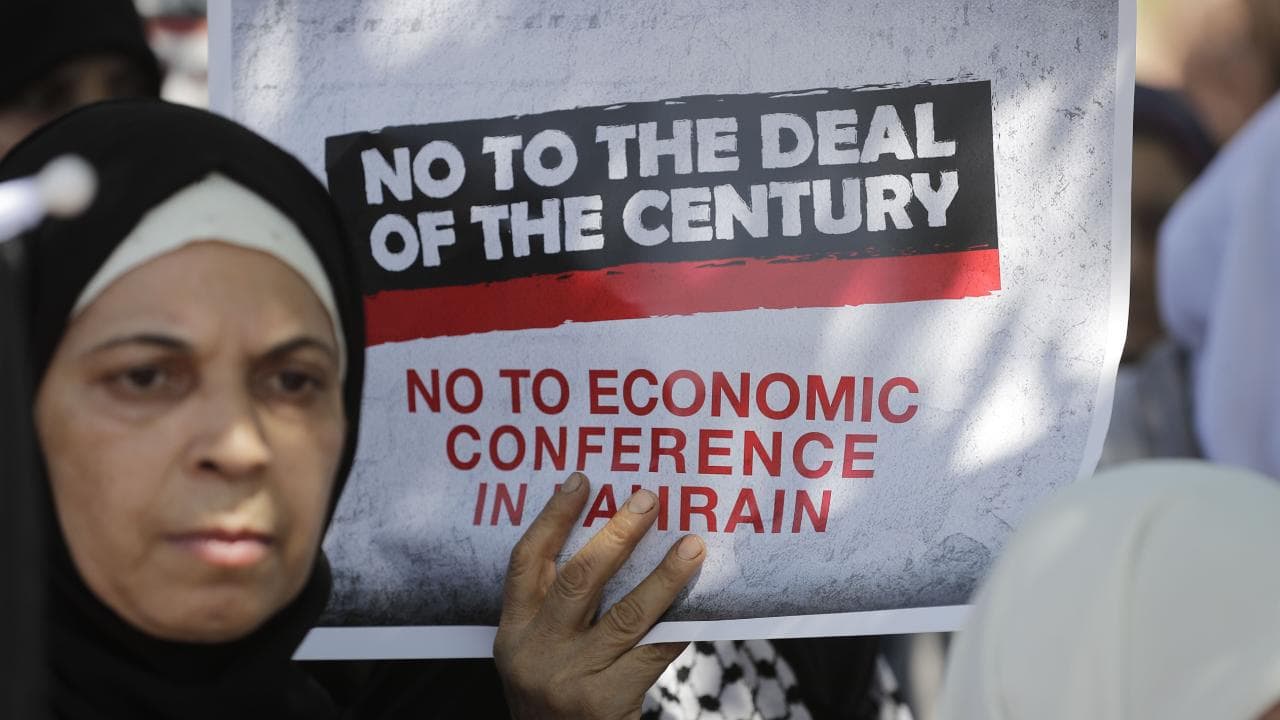The economic component of the Trump administration’s intensely awaited plan to achieve an end to the conflict between Israel and the Palestinians has been released.
Formally titled Peace to Prosperity, the proposal contains a three-pronged program of investment and reforms to transform the Palestinian economy and society through the injection of $US50 billion ($71.8bn) of foreign investment, opportunities for ordinary Palestinians in employment, education, even recreation, and the establishment of a transparent and competent Palestinian administration, without which businesses will have no confidence to invest and Palestinian institutions will continue to wither.
The plan assumes, correctly, that peace building and viable Palestinian self-government will require far more than glamorous signing ceremonies on manicured lawns. In offering unprecedented opportunities while maintaining diplomatic and economic pressure on the bloated, inert Palestinian leadership, US President Donald Trump has overthrown the old discredited order of attempting to get the Palestinians to negotiate in good faith by extracting upfront concessions from Israel.
Yet the latest proposal, astute as it may be, is destined to fail, just like more conventional diplomatic efforts of previous administrations. This is because the Trump plan, like all others, is founded on an irredeemable fallacy: that the Palestinian leadership wants to end the conflict.
Long before the Trump plan was tabled or its contents were revealed, it was predictably rejected out of hand by the Palestinian leadership. Any plan that promises to “empower the Palestinian people” and “improve the public sector’s ability to serve its people” is a threat to the status quo by which the leaders of the Palestinian movement have attained personal status and wealth while shedding all accountability to the people they claim to serve.
Read the article by Alex Ryvchin, co-chief executive officer of the Executive Council of Australian Jewry, in The Australian.

